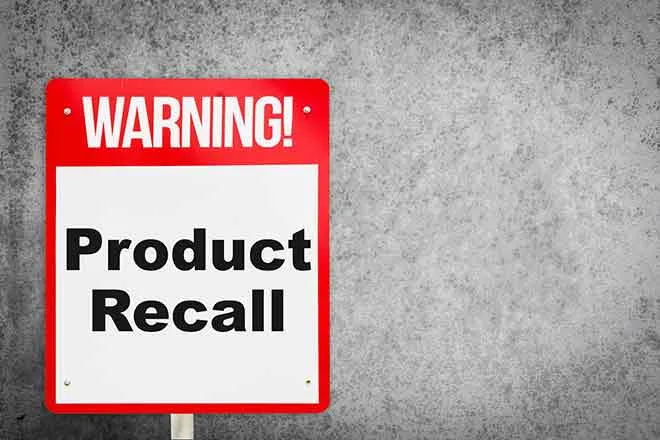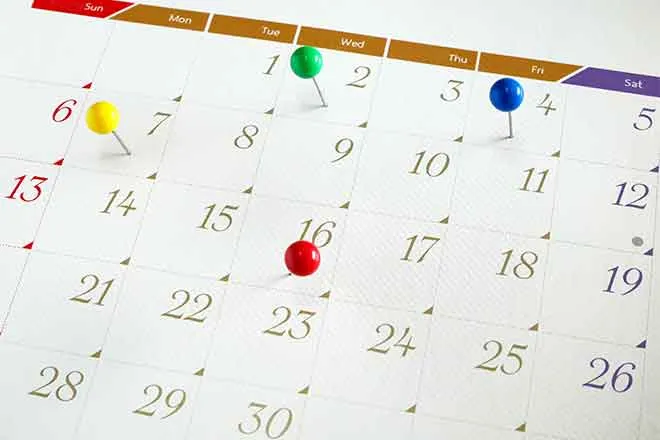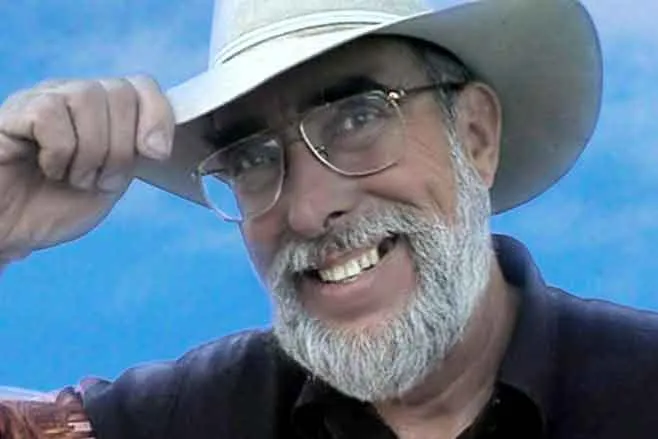
Opinion: The Eastern Plains are Vital to Colorado
Earlier this month, I was able to join Trent Loos on Rural Route Radio, where we discussed how “Colorado is the tip of the spear for the challenge in using the great resources the state has.”
I greatly appreciated the opportunity to talk about being a rural legislator, especially as it is an interesting time to be in politics. Coloradoans used to value the western way of life, but with the constant attacks on the agricultural and rural lifestyles, it is quickly going away. [To listen to this podcast, you can go to Spotify and search Rural Route Radio June 2, 2023]
I feel that my biggest charge as a State Senator (and State Representative for the previous four years) from a frontier county is going to our Colorado State Capitol to educate my fellow legislators about agriculture and the Colorado frontier way of life. The truth of the matter is that they (my colleagues on both sides of the aisle from the urban/metro districts) just can’t even fathom that there are areas like Cheyenne County beyond their line of sight. Cheyenne County, like other frontier counties, has a population that can be spread out to equal one person per square mile. This lack of understanding has contributed to the rural/urban divide, and when you combine the lack of understanding with the fact that the front range has us greatly outnumbered, it has made it hard to get work done this past legislative session.
Three of my rural colleagues and I have come up with what we hope is a partial solution to this divide. We have extended an invitation to all of our fellow State Senators and State Representatives to join us on a two-day tour of the eastern plains. Discussions on this tour will focus on agriculture, water, and energy – all of which are vital resources here in Colorado. We cannot afford to lose the amazing resources that Colorado has to offer, so we need to spread awareness of their importance to our state’s economy.
One of our state’s most important resources is water, and we as a state need to broaden our focus to include other water sources besides just the Colorado River. In all of our water resources we need to stop prioritizing water for fish or lawns over water for crops and food production. If we lose our ability to produce food to feed the nation, we lose everything.
Energy resources are also very important in our state, but my fellow legislators are pushing their unrealistic climate agenda instead of using common sense approaches to meet the energy needs of our fellow citizens. For example, in some areas of southeast Colorado, there is a lot of methane that is being released from coal seams (not from old coal mine openings). We have the technology to capture this methane and use it as a valid energy source. If we don’t capture it, it will just go into the atmosphere (and that isn’t something that sits well with the Democrats’ climate agenda). Methane and CO2 are commodities that are needed to sustain life, so why don’t we use this readily available resource? Instead of using this common sense, natural resource, our urban legislators are pushing to electrify everything in our state and our nation. This approach is extremely unrealistic, as we don’t have the infrastructure to use only electricity as an energy source, and the cost that would need to be borne by the consumers (you and me) is astronomical. To add that unnecessary cost to the increasing costs we are facing because of nationwide inflation is just ludicrous. It shows the disconnect between these politicians and reality. So many have bought into this ideology that they don’t listen to the facts. They think that electric cars are coming, period. They think that electric vehicles are the solution to all of our problems. They have no idea how combines, tractors, and trucks operate, or the distance it takes to cover some of these ag operations that span thousands of acres (let alone the miles to find a charging station). It’s nothing like it is in the urban areas, where a person can get anything he needs within a few miles of his house. Common sense would fix so many ailments in this country and this state, yet it seems to be a commodity that is becoming very scarce.
We are hoping that this nearly 650-mile round trip experience will help bridge the gap between our rural, food producing communities and metro-area communities. It is one thing to talk to urbanites about rural Colorado and the many resources we have to offer; it is another to actually show them. I hope this opens their eyes that the Denver/Boulder/Front Range area is not all of Colorado. The mountains are not all of Colorado. As a matter of fact, the eastern plains are not all of Colorado. We must recognize that we have a very diverse state that has diverse people throughout. Even though I live in Denver for four months of the year (during session), it would do me good to tour parts of the urban area that I’m not familiar with. I would welcome the opportunity to visit different spots with one or more of my urban colleagues to better understand their constituency.
We have a state with a great and varied history, geography and population. It’s worth preserving, and we must preserve every part of it – rural, urban, mountains, plains and all! Some are intent on following the path that California has taken – becoming a far left, homogenous, unsustainable way of life. If they get Colorado converted to another California, then the rest of the western states will fall. We’ll lose our western way of life. We are working hard to preserve what we have – not to become another California. If you move to this state, then please don’t try to change it. Too much of that has happened already.












